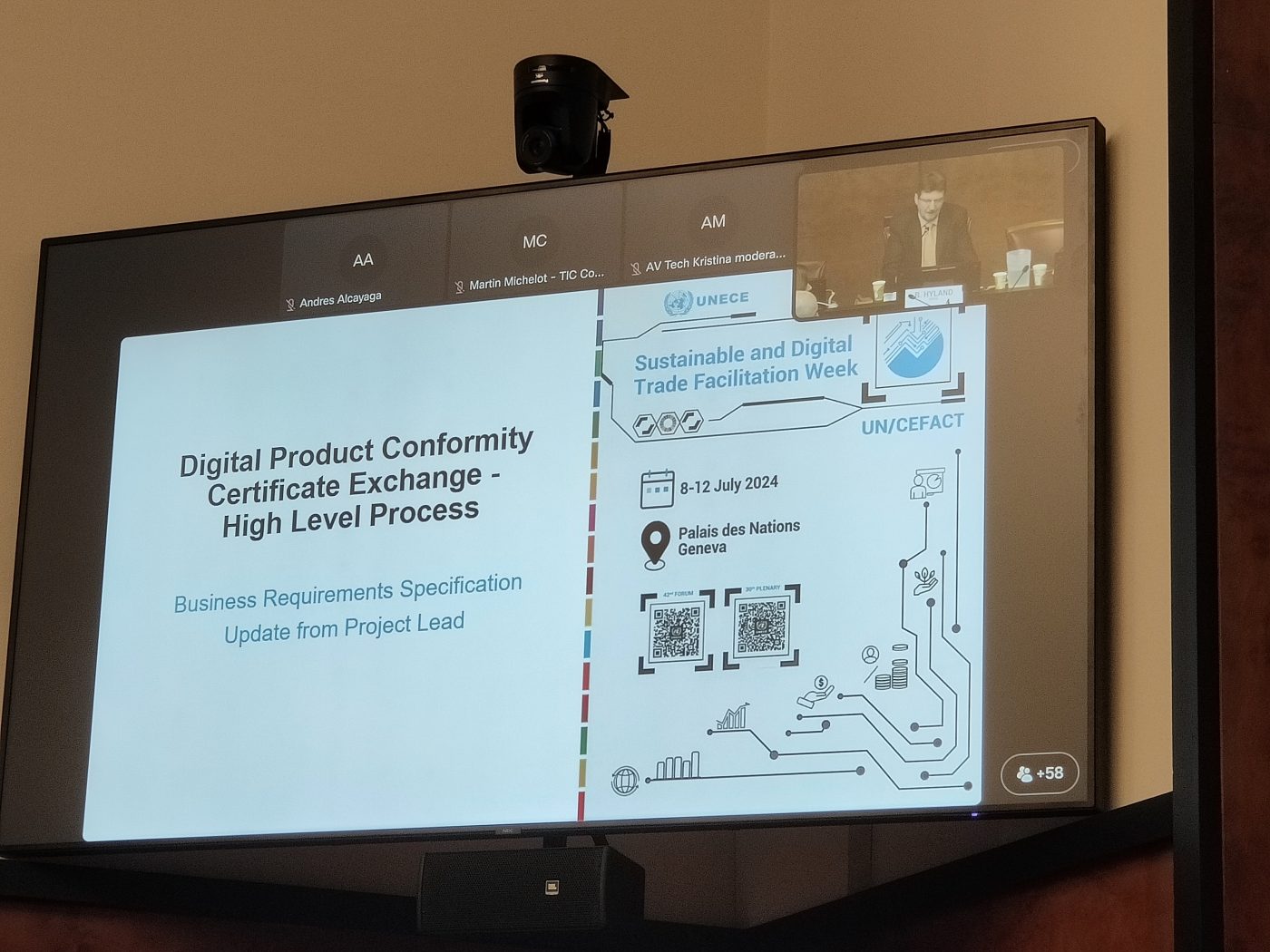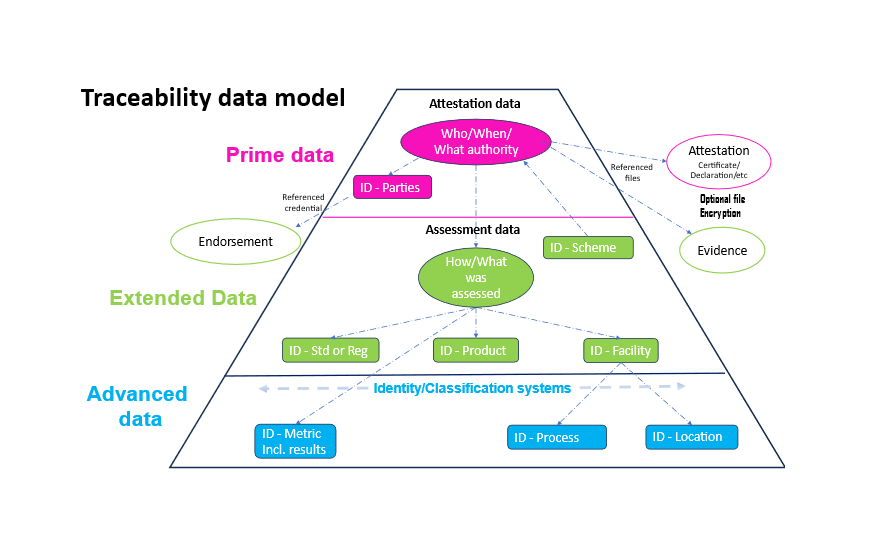
Rapid strides have been made in the digitalisation of trade-related documents, from electronic bills of lading to smart shipping containers. Efforts by some governments to implement electronic single windows and digital product passports are adding further weight to the idea that the future of trade is digital.
However, test reports, calibration certificates, product certificates, management system certificates and so on remain largely paper-based, or in electronic formats that do not facilitate easy data processing. It is true that real progress is being made in the digitalisation of calibration certificates but, in other areas, the sheer complexity of the data involved presents a formidable challenge.
The UN, through its Centre for Trade Facilitation and Electronic Business (CEFACT), has been considering this matter and in July 2024 they published a new Standard covering the digital exchange of product conformity data.
The newly published UN/CEFACT Business Requirements Specification was presented at the 42nd UN/CEFACT Forum in Geneva by Project Lead, Brett Hyland from NATA. This inter-governmental standard describes a basic set of data elements and linkages to enable a level of digital processing and enhancing the verifiability of data. At the same time, the work fully recognises that paper-based certificates, including PDFs, will continue to exist into the foreseeable future and play a valuable role where the full technical detail needs to be available for expert review.
As with all work at UN/CEFACT, the emphasis in the described model is on open-source data standards. While proprietary systems will continue to exist, the goal is to foster interoperability through commonly defined terms and identifiers. The intended result is verifiable connections to the physical product of interest, clarity regarding the status of an issued certificate and insight into the authority under which it was issued. At the same time, the obligation of conformity assessment bodies (CABs) to respect the confidentiality requirements of their customers is central to the model and the approach recognises the role of CABs as the valid custodians of the data that they produce and their authority over any revisions to such data.
The described data model is scoped as an entirely voluntary initiative and is intended to complement digitalisation initiatives already underway within the conformity assessment and accreditation sectors. The model offers a transition pathway towards full digitalisation on a timeframe that may be manageable for most CABs.
It is hoped the newly published UN/CEFACT specification on exchange of product conformity data will generate constructive international discussion involving global quality infrastructure institutions, regional accreditation groups, other relevant representative bodies, and the wider conformity assessment community.

